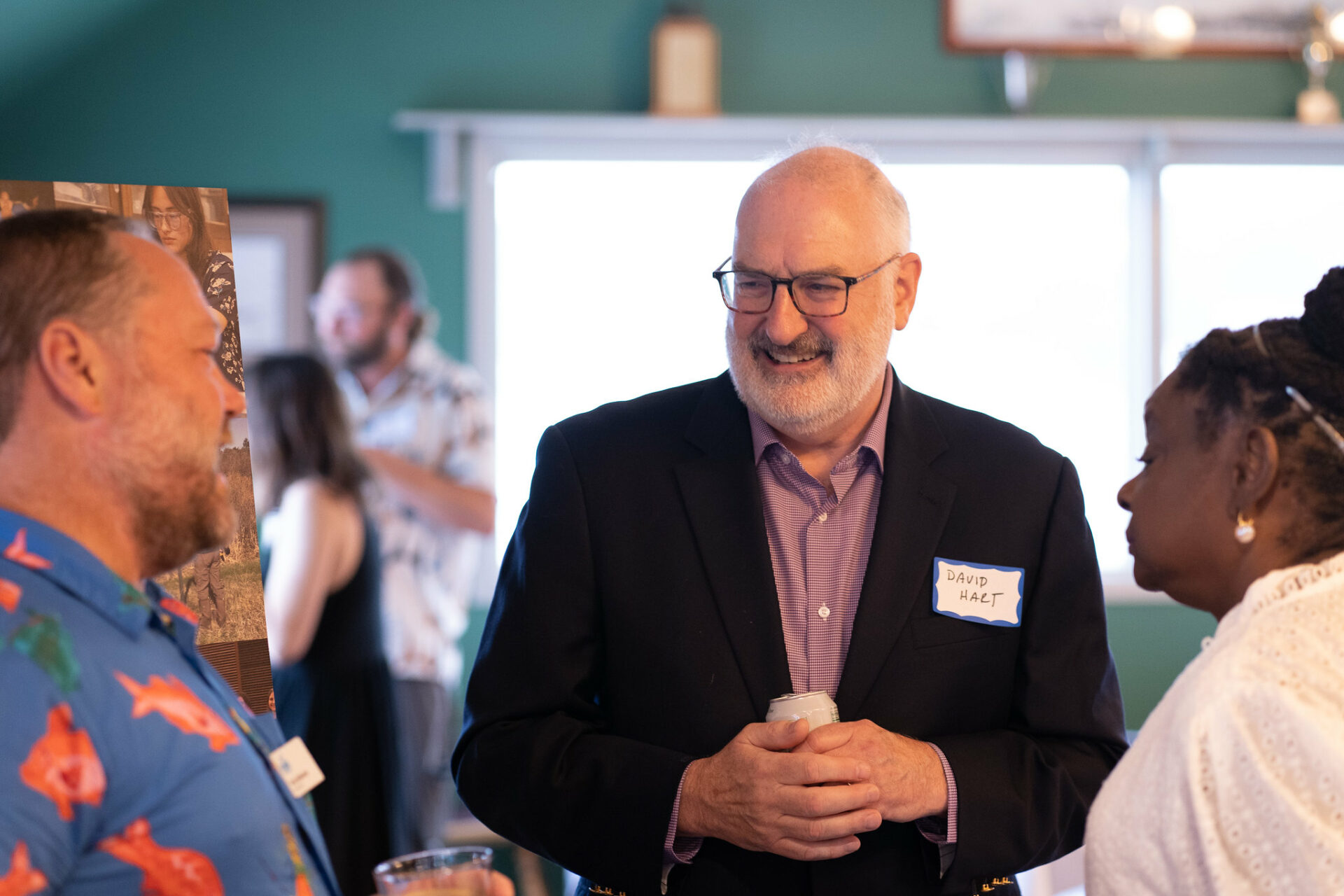One is former provost of the University of Puerto Rico. Another invented a whopping 75 different patented ocean engineering applications. Still another is the editor and chief of a highly regarded scientific journal.
What do they all have in common? They were all once graduate students who studied with the University of Wisconsin Sea Grant College program.
Throughout its 43-year history, UW Sea Grant has maintained an unparalleled commitment to educating the next generation of marine and land-use scientists and specialists. Nearly 600 graduate students have studied with the program, including nearly 400 who’ve gone on to earn a master’s degree and nearly 300 who’ve gone on to earn a PhD.
“Our Wisconsin Sea Grant-supported students are truly national assets,” said Anders Andren, the director of UW Sea Grant. “The success they’ve attained in their various professional fields is a strong testament to the difference our program is making in the world.”
UW Sea Grant recently conducted a systematic survey to track down its former graduate students, succeeding in locating all but 69 of them. More than 40 percent provided information about their professional activities, giving a surprisingly detailed picture of the ways their UW Sea Grant experience influenced their experiences and career trajectories.
According to survey results:
Former UW Sea Grant students work in 47 of the 50 United States and in seven foreign countries.
82 percent are in occupations related to their graduate work;
35 percent work in the private sector, while 22 percent are employed in the public sector;
43 percent hold positions in the academic sector.
“It’s especially gratifying to see that so many of our students have ended up in academia,” noted Andren. “Those teachers are continuing the cycle, educating the next generation of scientists and educators.”
David Sedlak, who studied as a graduate student with UW Sea Grant in the early 1990s, is now a professor of environmental engineering at the University of California-Berkeley. His experience is typical of the former students who responded to the study.
“My graduate student experience has been critical to every aspect of my career,” Sedlak said. “UW Sea Grant provided funding that allowed me to explore new research areas which ultimately proved to be productive. I appreciated the fact that Sea Grant funding did not tell me what to do. Rather, Sea Grant provided support to allow me to realize my potential.”





